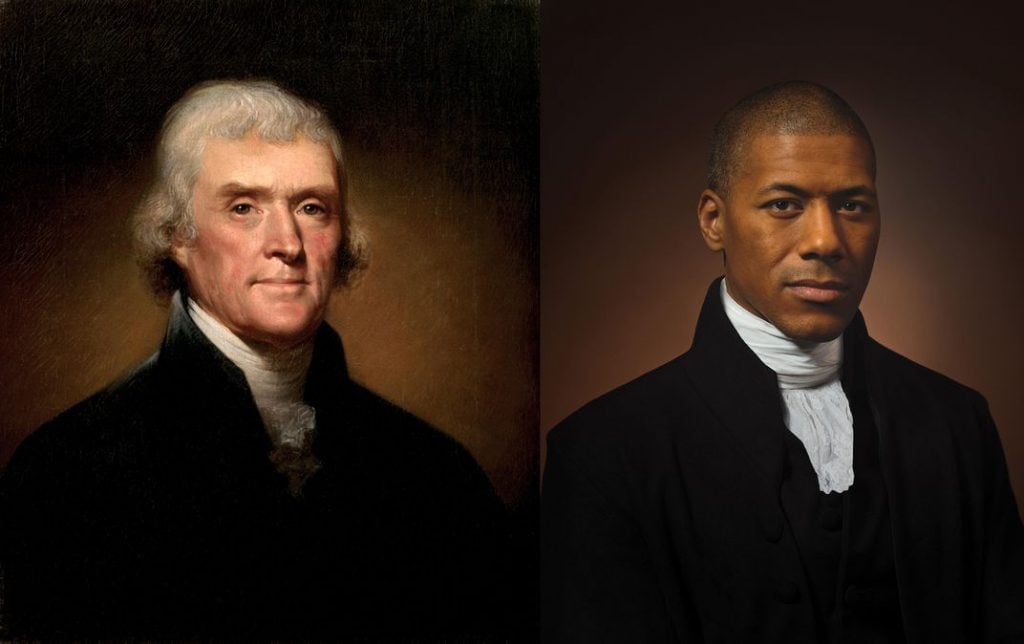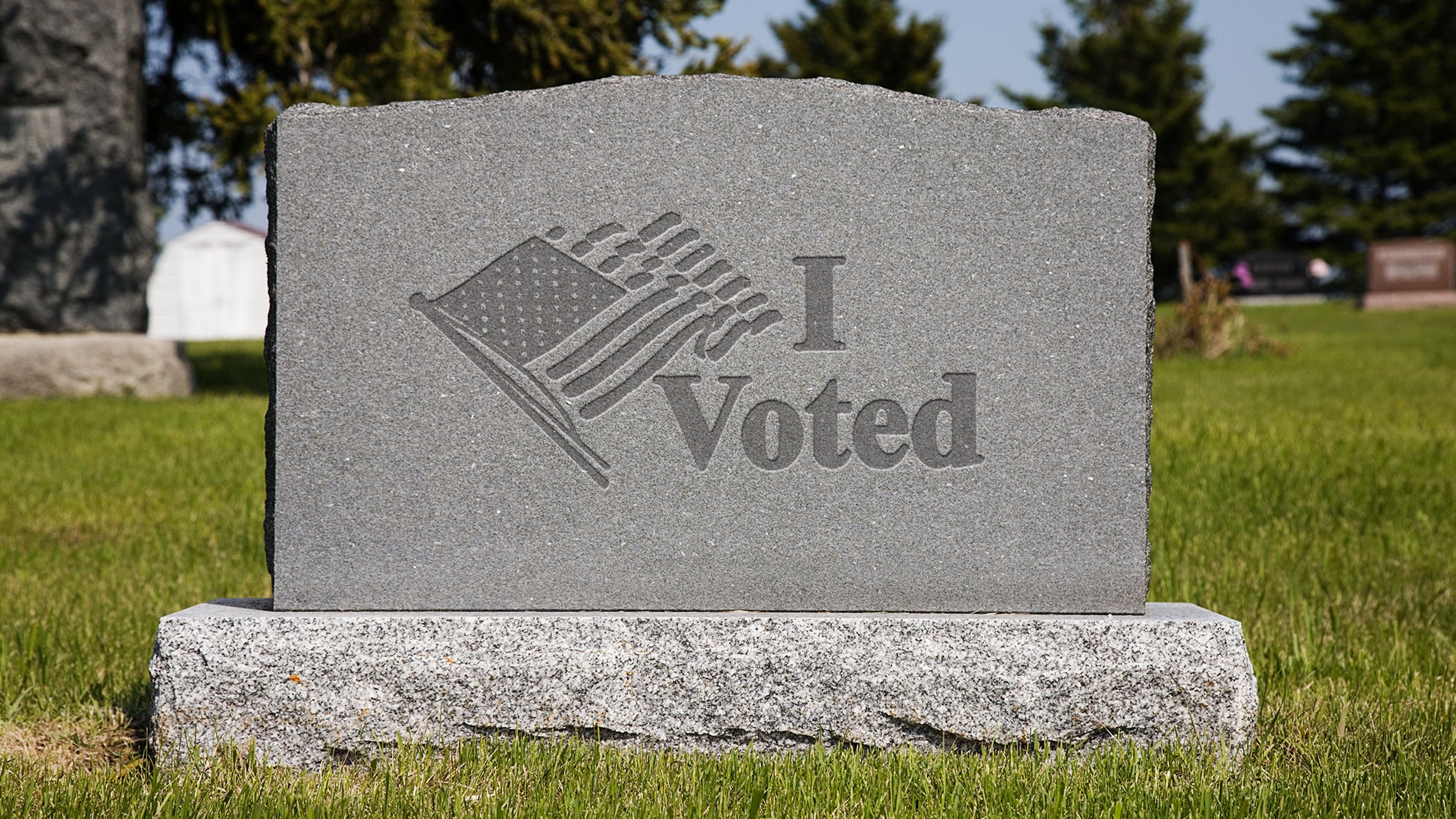As we move toward the end of the year, I often find myself reflecting on how proud I am of our team – a team that has been giving selflessly over the last 19 months. They’ve ensured that you, members of our community, have access to vaccinations to keep you safe, as well as the highest quality of care for those who do end up sick or hospitalized due to COVID-19.
We appreciated the outpouring of community support we felt in Spring of 2020. But as many of us have moved on and returned to some semblance of normalcy, healthcare teams have continued to deal with COVID-19 each day. Our teams’ mental health and resiliency is being strained. They are frustrated and right now feel forgotten. Our healthcare team is also fighting misinformation and lack of trust in their expertise. Trust that has been built over 100 years in Madison.
We’ve had at least one COVID-19 patient in our hospital since March 17, 2020, and lately, it’s been about 40 each day and growing. Many are from our community, but we’re also caring for patients from across the state and country. Most are unvaccinated.
We’re also seeing a dramatic increase in very sick patients who often delayed care during the pandemic. Simply put, our hospital is near capacity. We are full – and staffing and recruitment challenges are negatively impacting us in the same ways as many other industries. Regardless of illness or injury, it is a daily challenge to find enough beds and staff at Meriter and around the state. It is harder for us to be there for you. So, I’m writing to ask for you to be there for us.
Here are some of the best gifts you could give us right now:
- GET VACCINATED. GET BOOSTED. WEAR YOUR MASK.
- If you interact with a healthcare worker, remember the intense amount of pressure and long duration of stress they have been under. Be kind.
- Show your gratitude for our providers and team members by sending a note of support here.
- Continue to go to your regular checkups and take care of yourself.
The sincerest of thank yous to our Meriter team, who continues to work so hard every day: providers, nurses, CNAs, food & nutrition staff, environmental services staff, business office staff. The list goes on and on. We rely on so many to provide you the safe, quality care you deserve and expect.
It is our privilege to serve and care for you, and we’ll continue to do just that. I believe we are stronger together and appreciate all this community has done and continues to do to support us. We will get through this, but it will take all of us working together.
I wish you health and happiness in 2022.
Sue Erickson
President and CEO
UnityPoint Health – Meriter
 It sounds ridiculous and unnecessary, researching Lincoln and slavery. But I'm vetting American heroes with an emphasis on racism, and finding surprises and a slow evolution in Lincoln's words and actions.
It sounds ridiculous and unnecessary, researching Lincoln and slavery. But I'm vetting American heroes with an emphasis on racism, and finding surprises and a slow evolution in Lincoln's words and actions.
































 U.S. Speaker of the House Rep. Paul Ryan (R-Wis.) and Senate Majority Leader Mitch McConnell (R-Ky.) speak to members of the media in front of the West Wing of the White House February 27, 2017 in Washington, D.C. (Photo: Alex Wong/Getty Images)
U.S. Speaker of the House Rep. Paul Ryan (R-Wis.) and Senate Majority Leader Mitch McConnell (R-Ky.) speak to members of the media in front of the West Wing of the White House February 27, 2017 in Washington, D.C. (Photo: Alex Wong/Getty Images)


